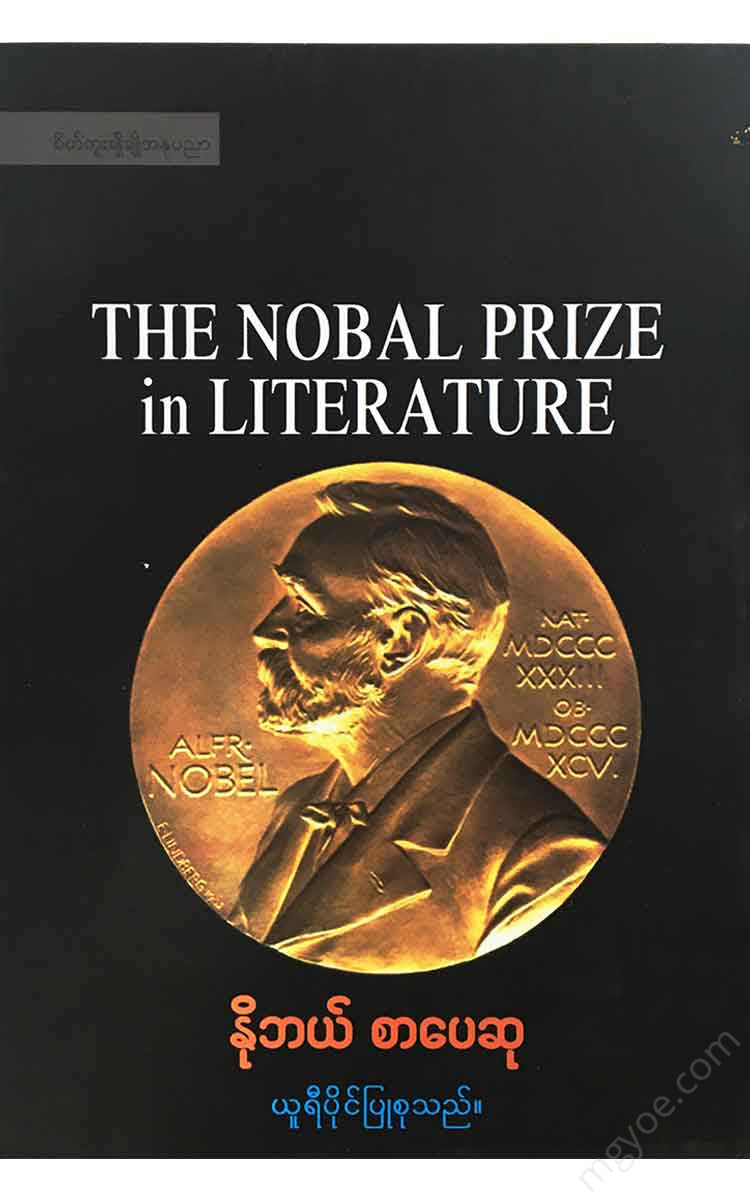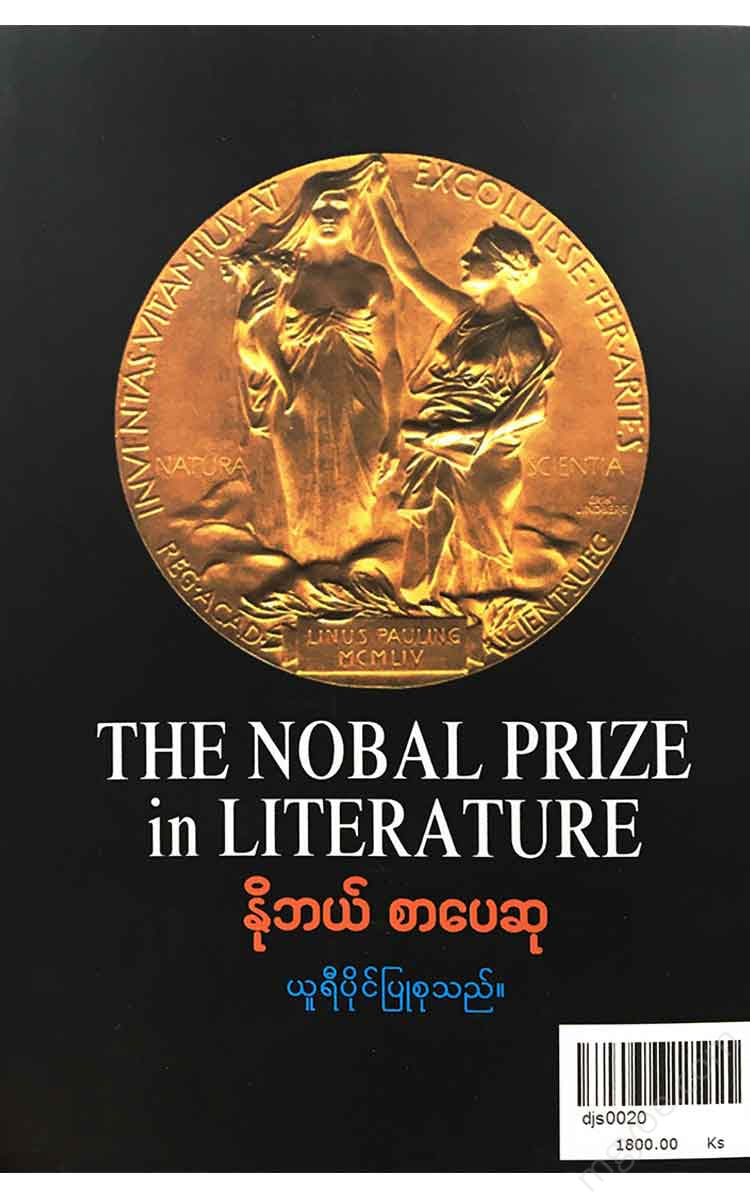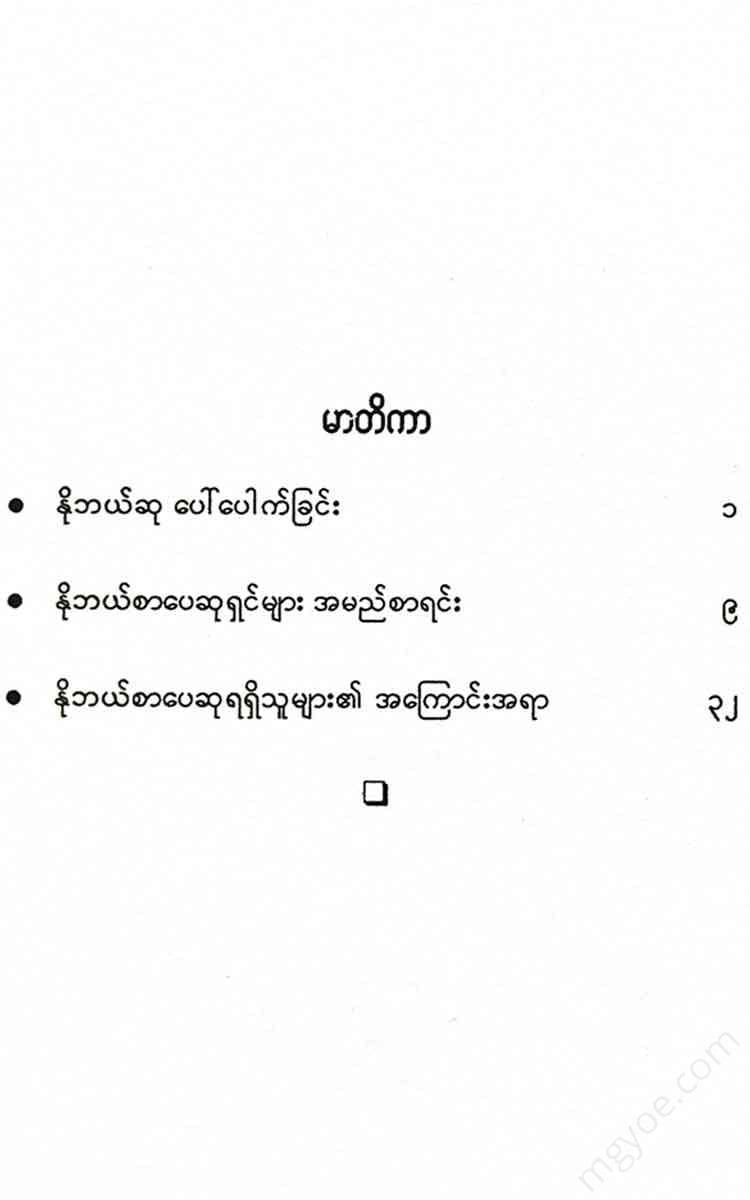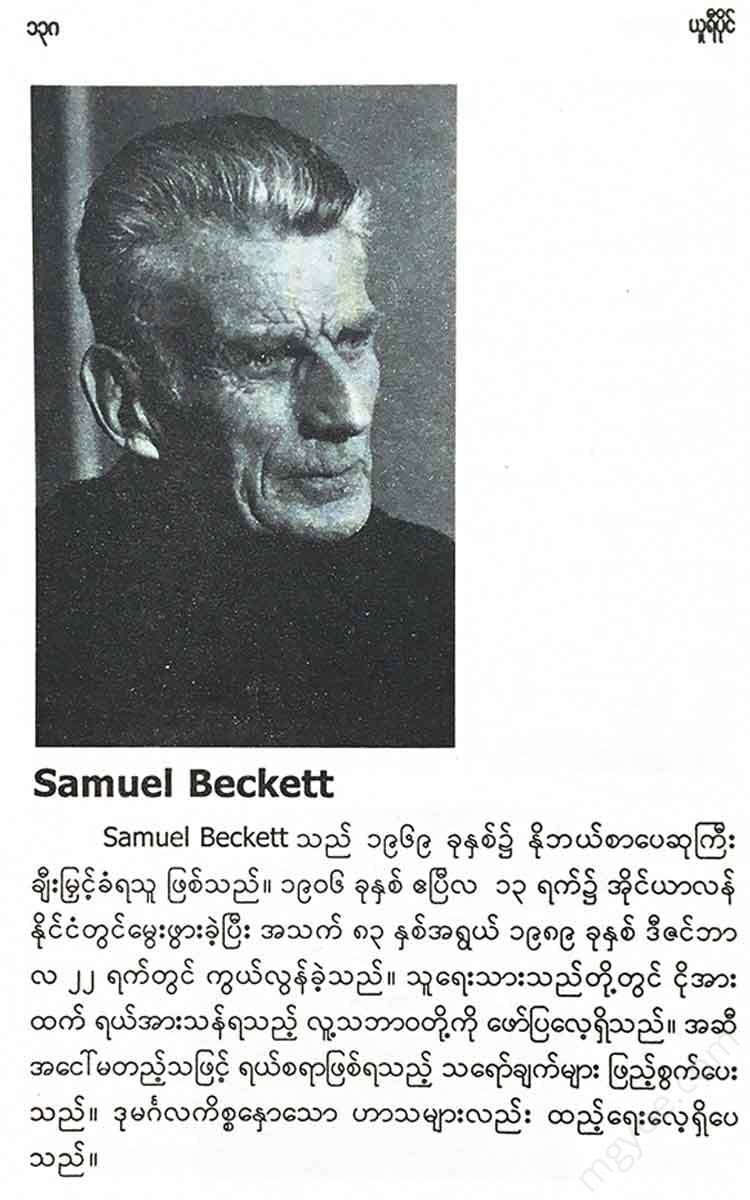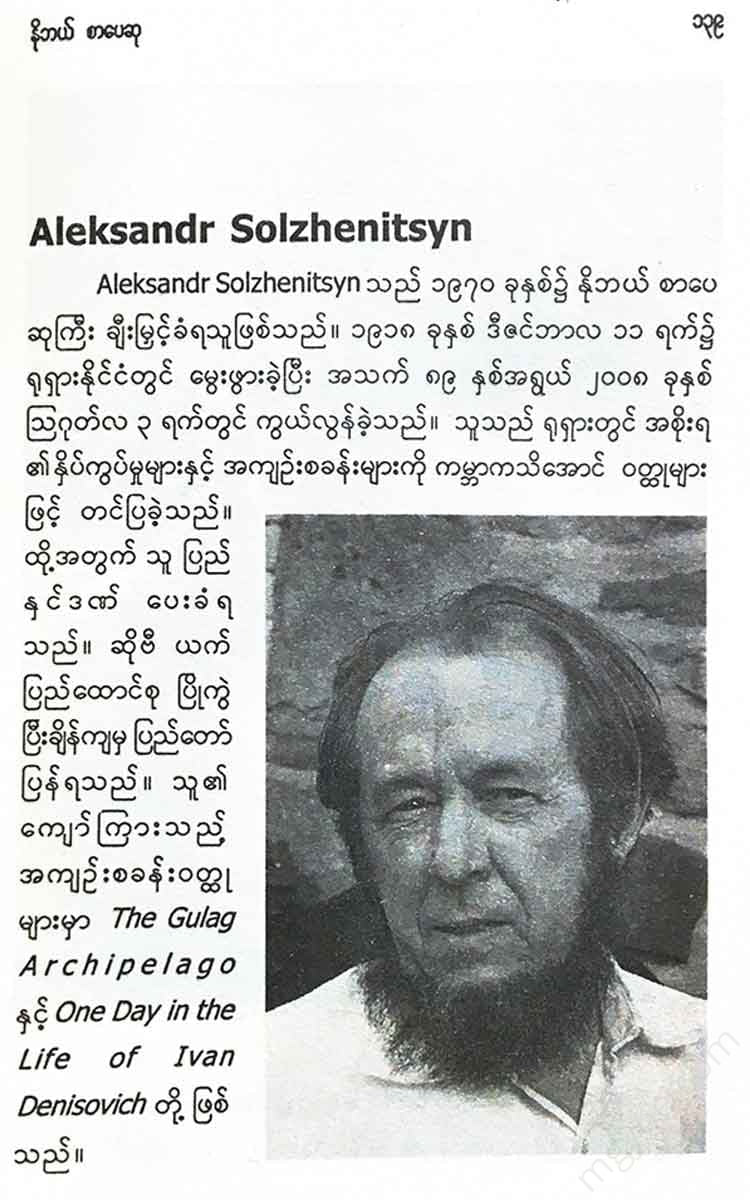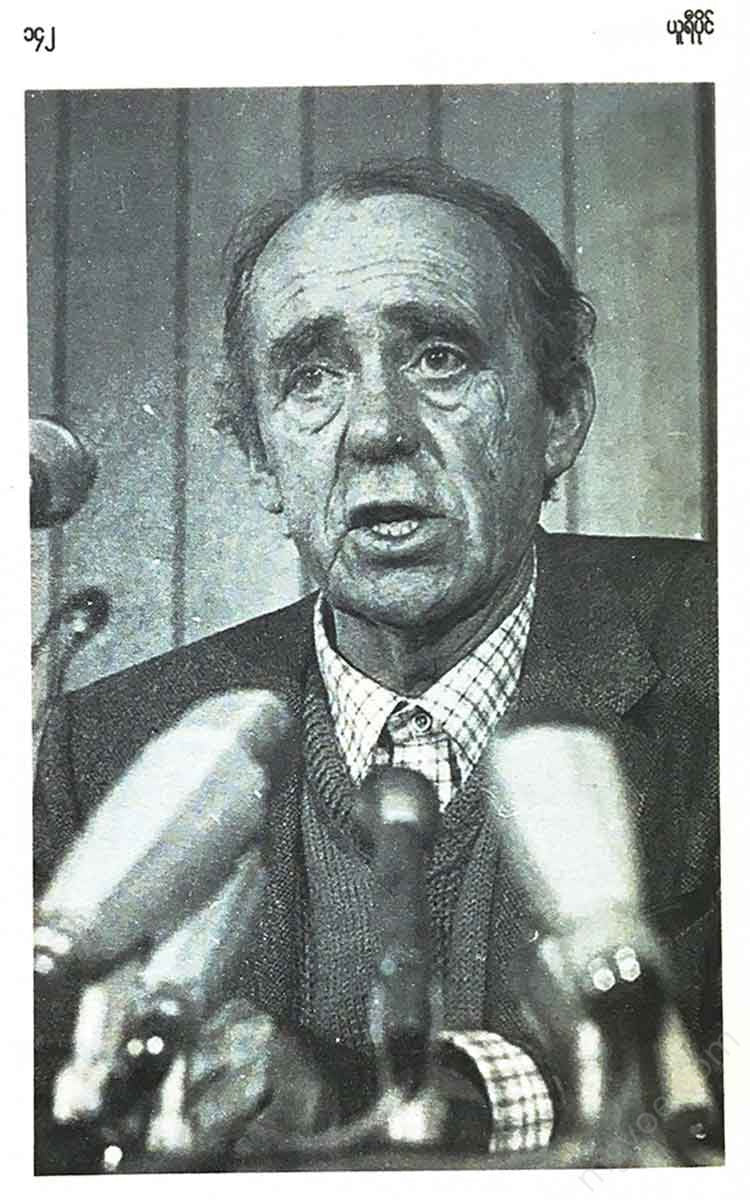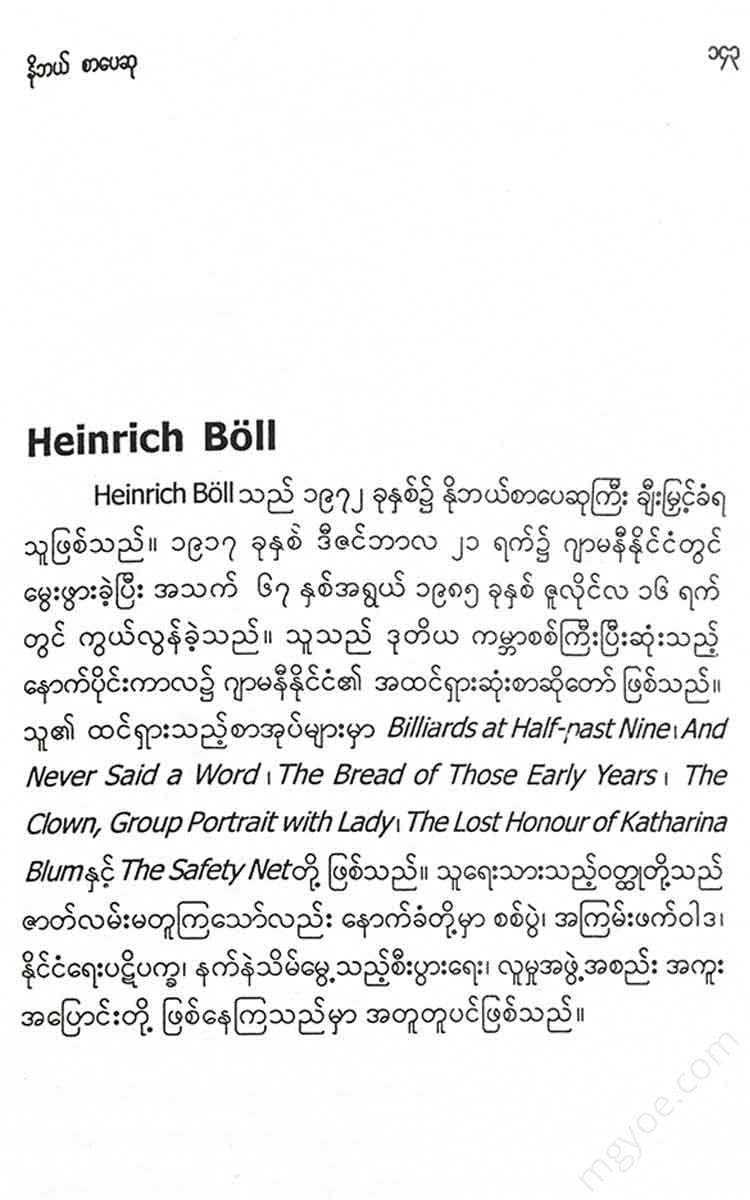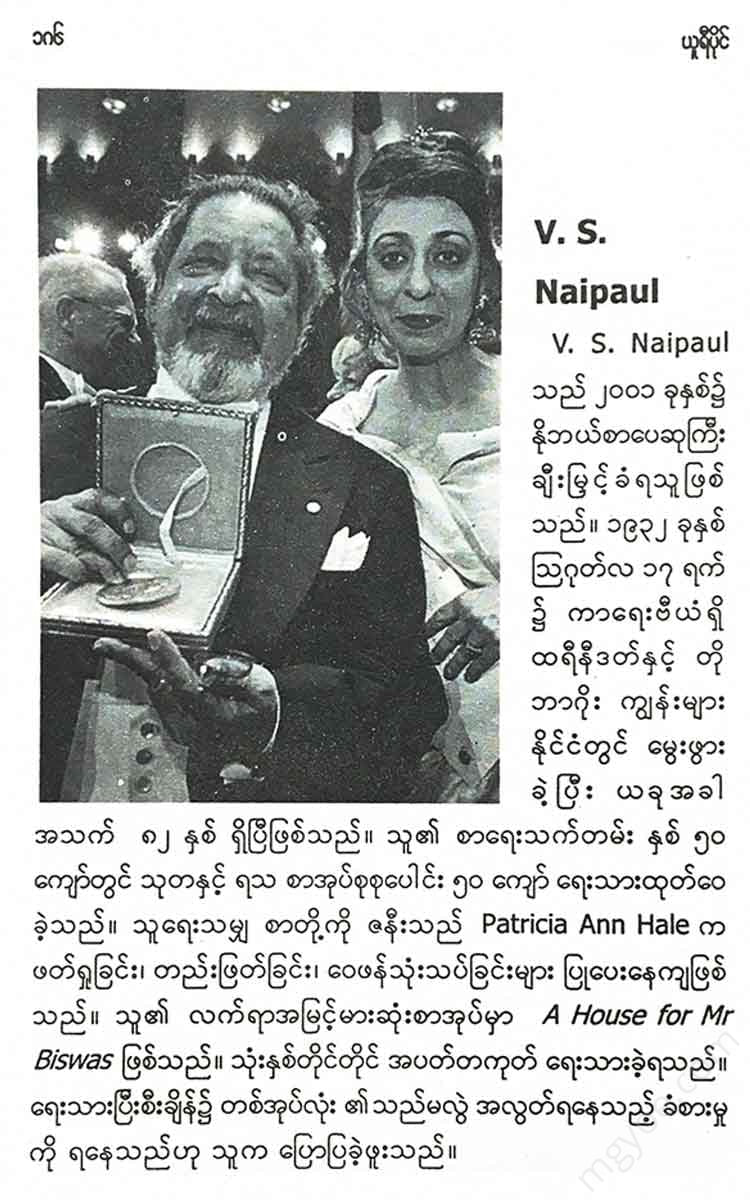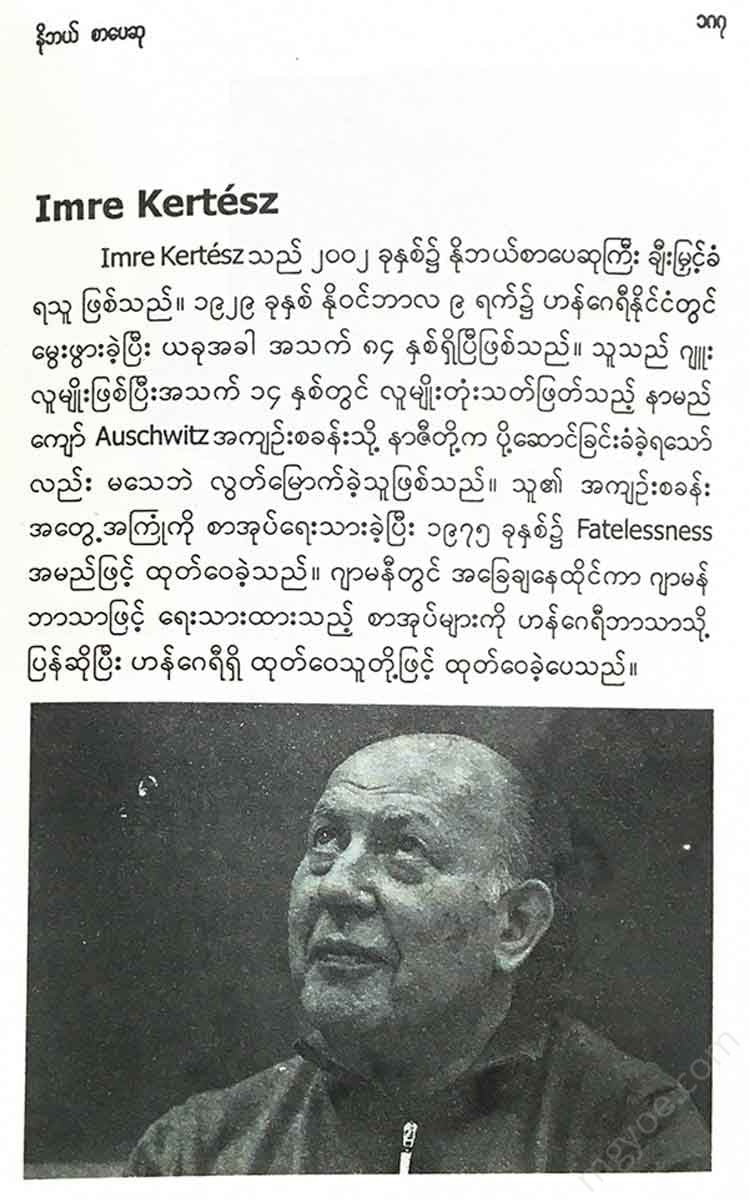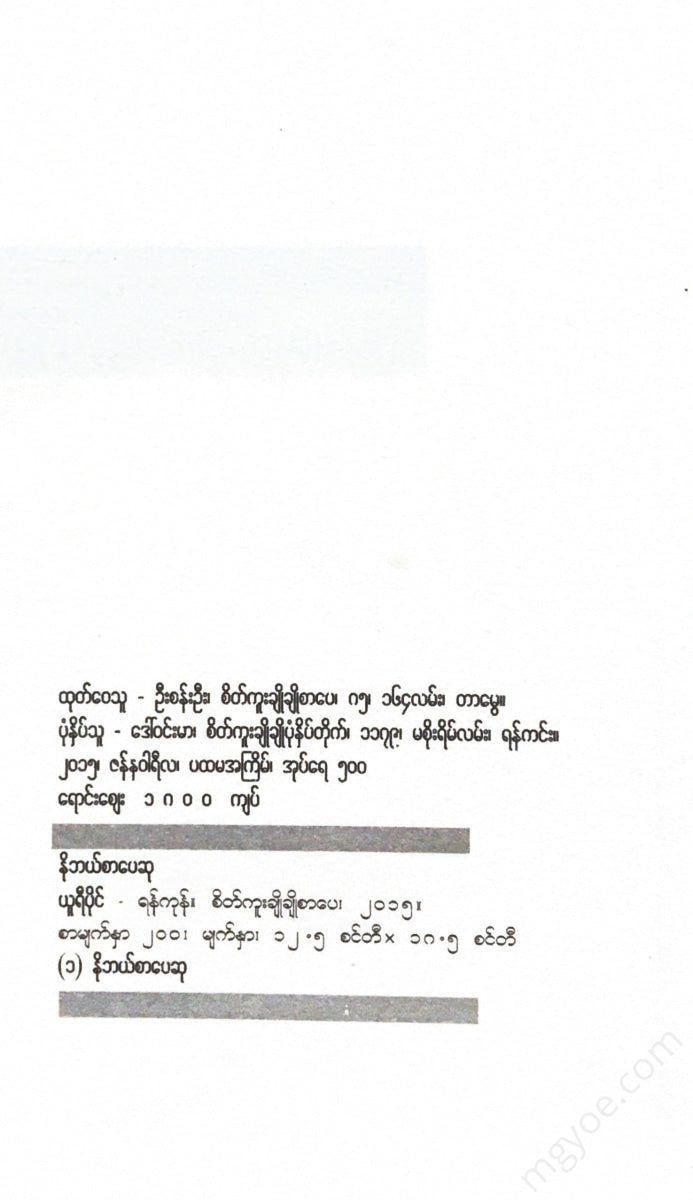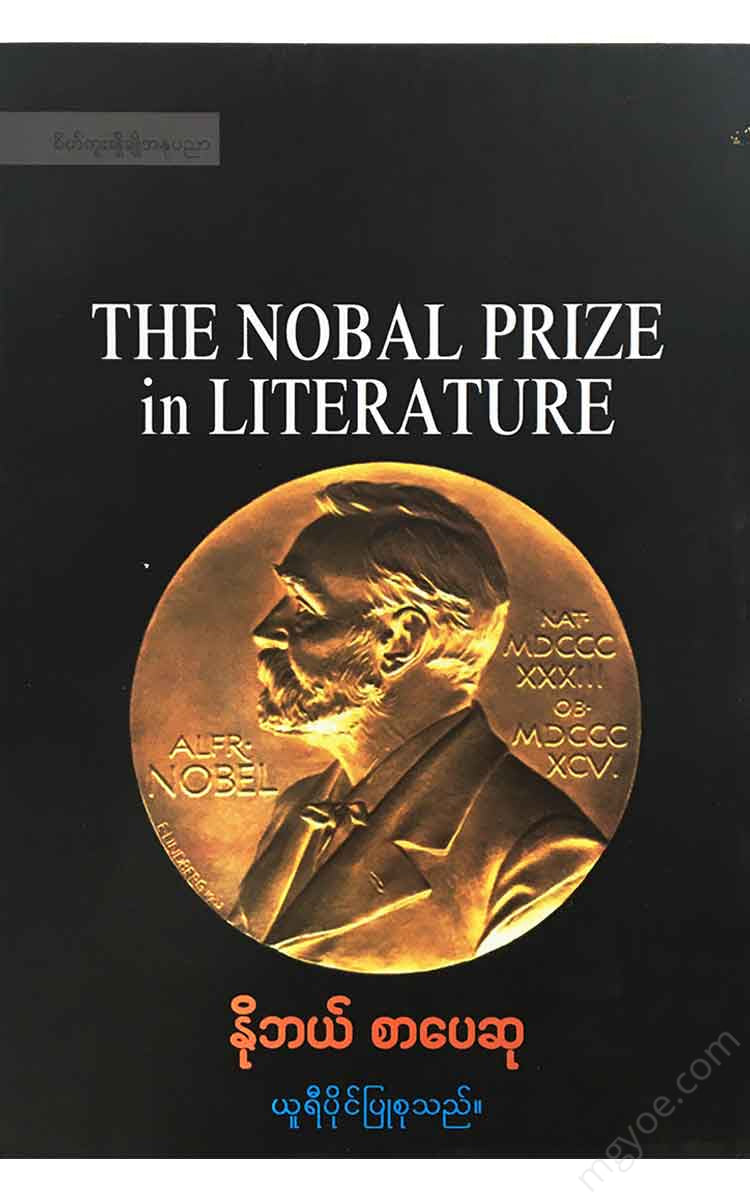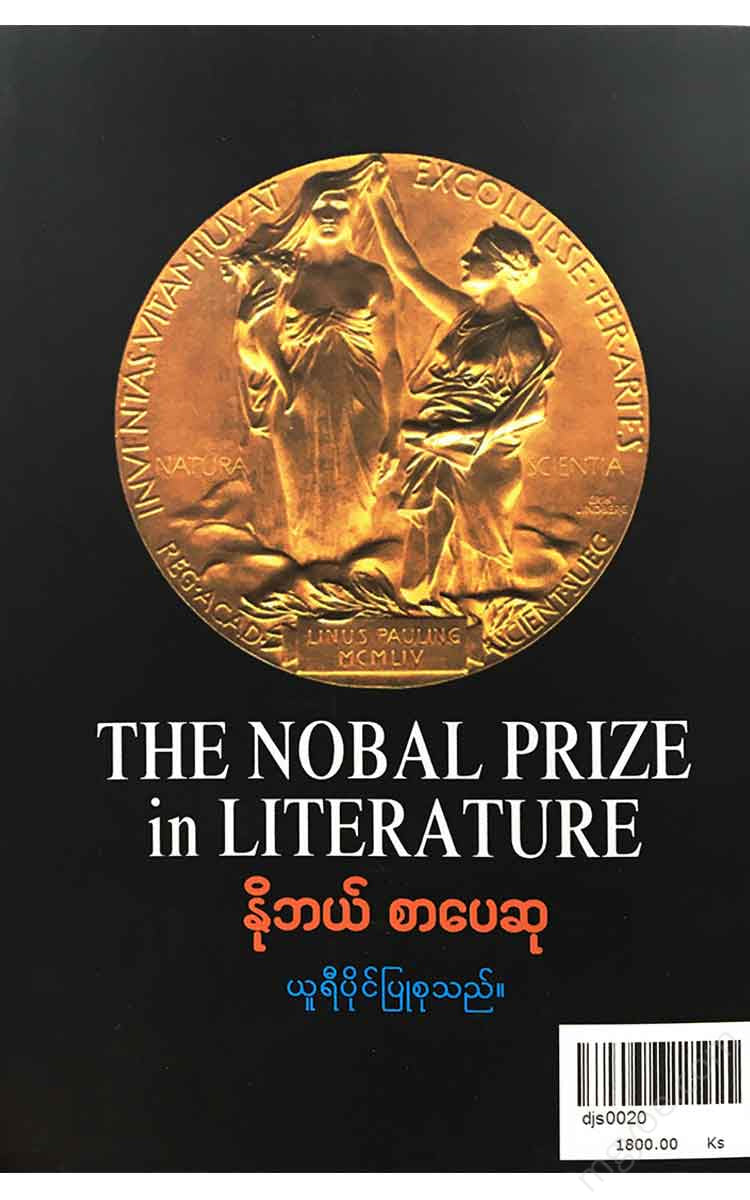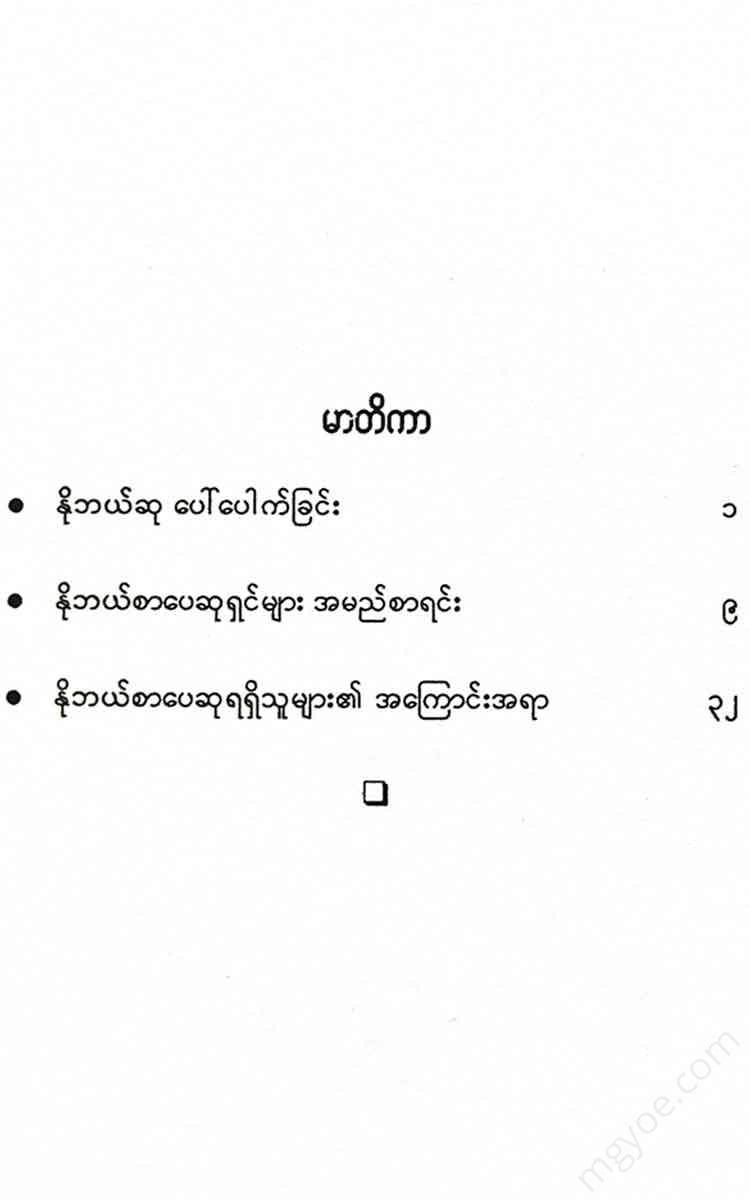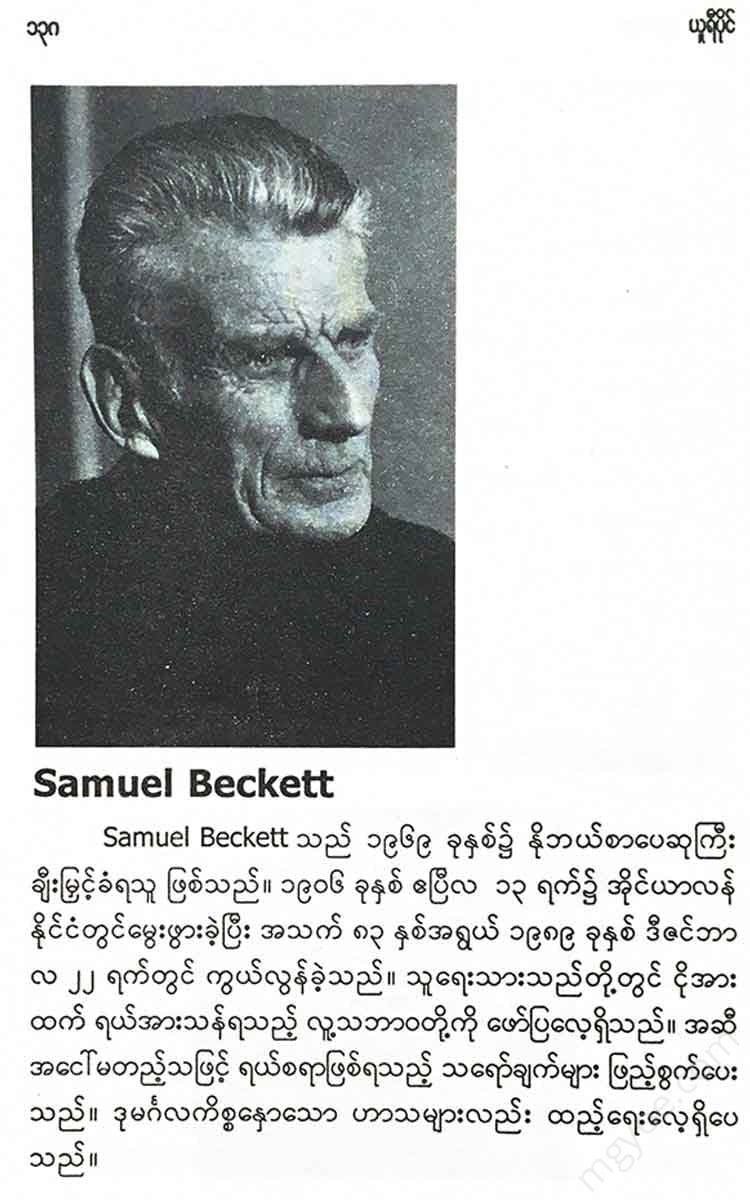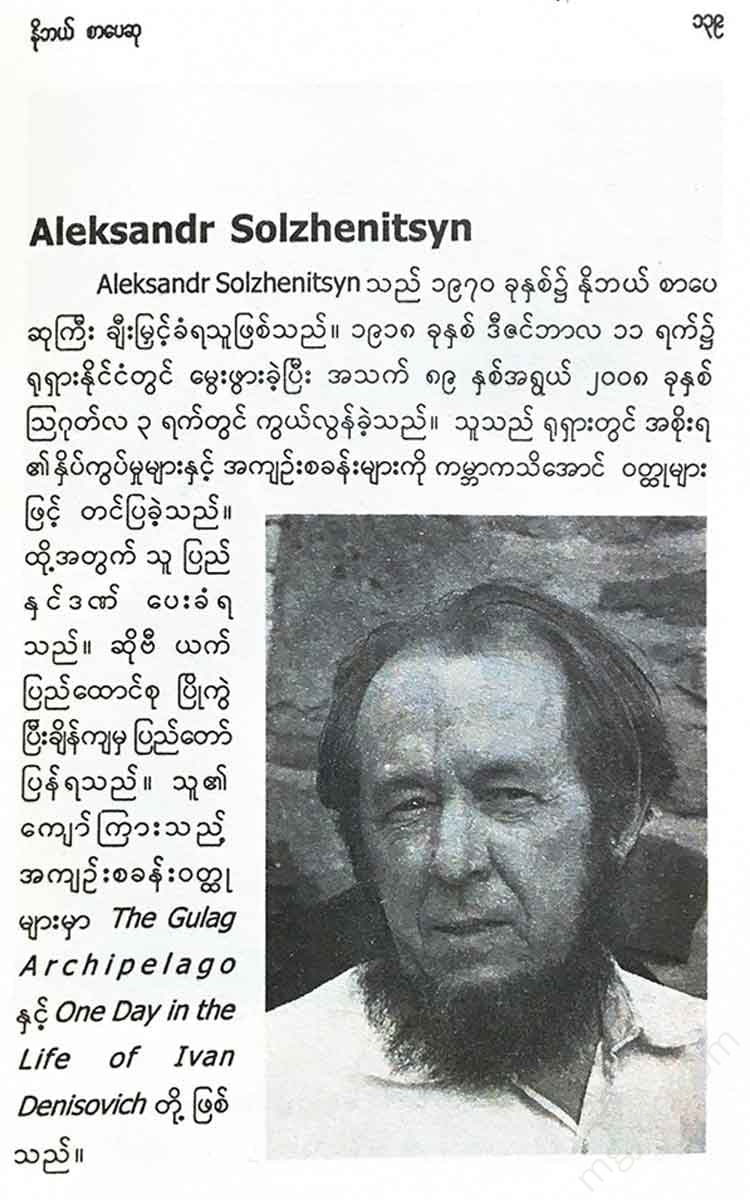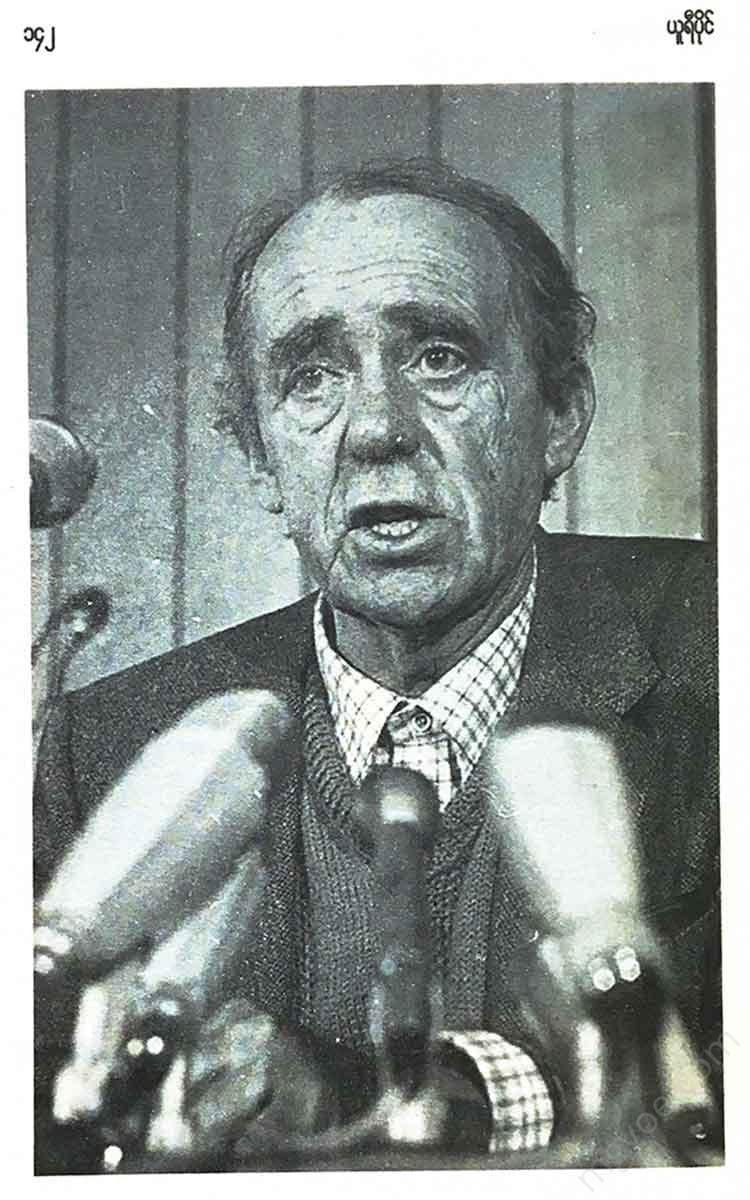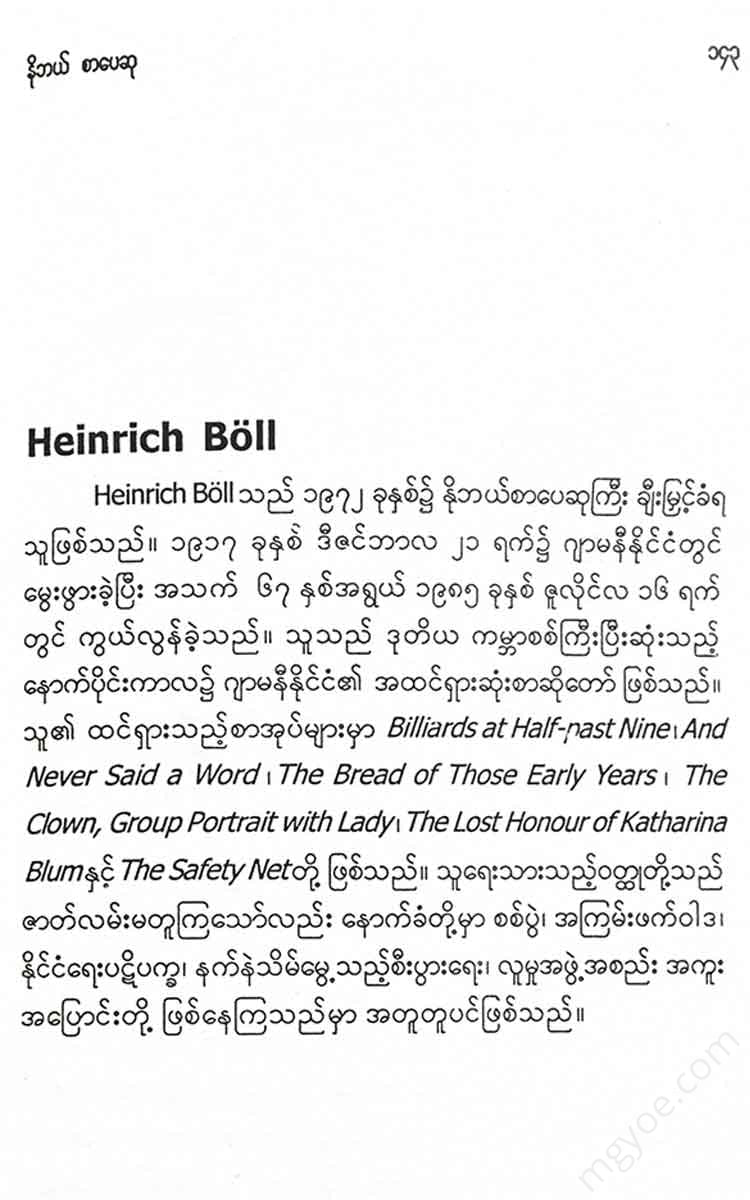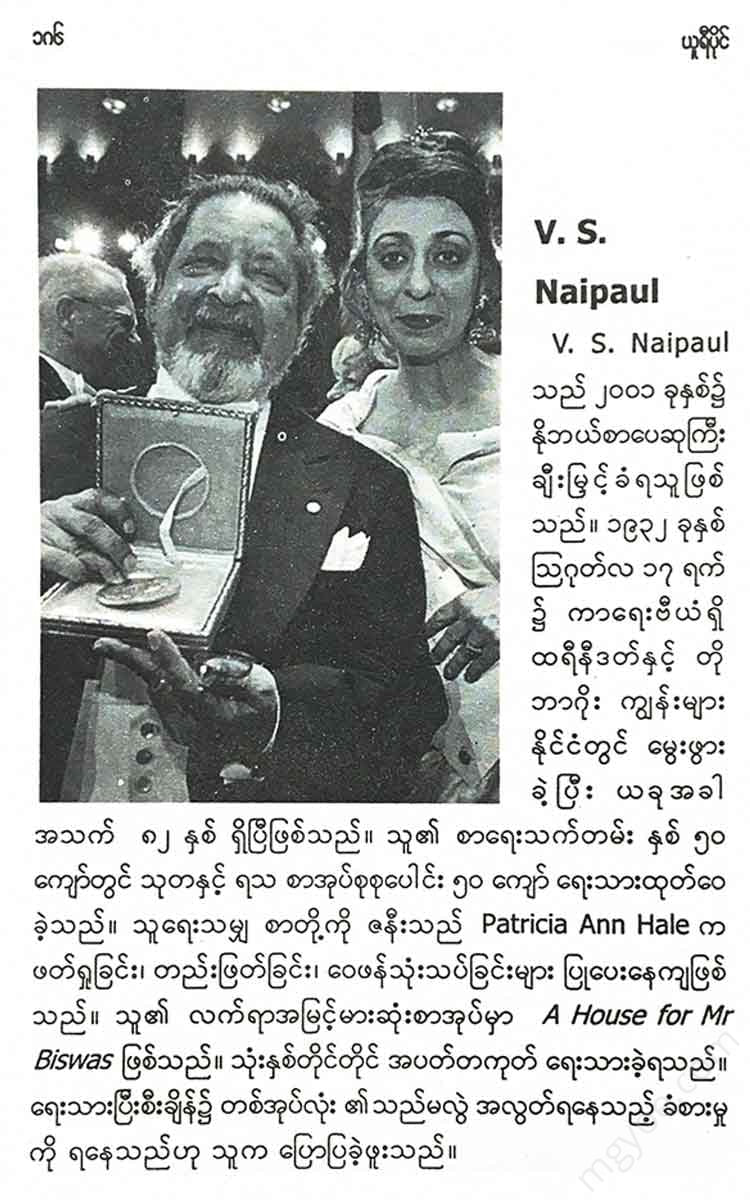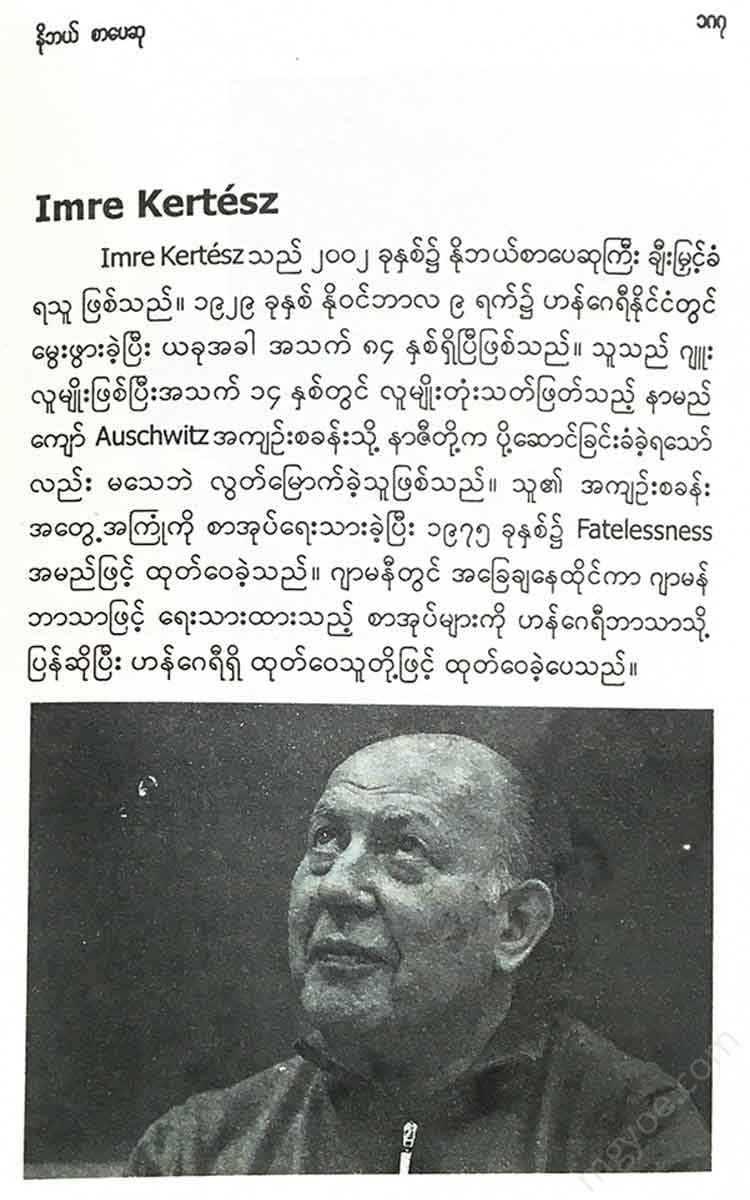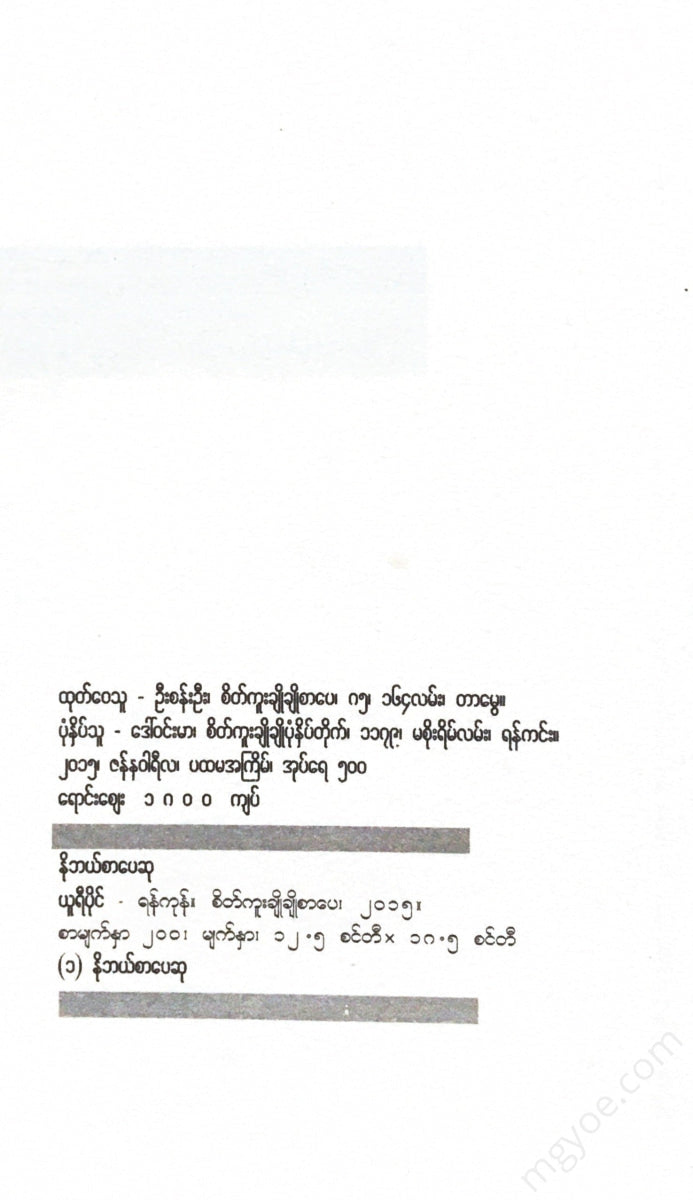စိတ်ကူးချိုချိုစာပေ
Yuri Paik - Nobel Prize in Literature
Yuri Paik - Nobel Prize in Literature
Couldn't load pickup availability
Since 1901, the Nobel Prize in Literature has been awarded almost every year to writers, and to any citizen of the world who has produced a work that meets the terms of Alfred Nobel's will. The terms were written in Swedish and stated that the prize should be awarded "for the most outstanding work in the field of literature." While each work may be unique, in this case, "work" refers to the totality of an author's output.
The Swedish Academy decides who will receive the prize, if any, in a given year. The Academy announces the winner in early October. The prize is one of five Nobel Prizes established in 1895 by Alfred Nobel's will. The other Nobel Prizes are the Nobel Prize in Chemistry, the Nobel Prize in Physics, the Nobel Peace Prize, and the Nobel Prize in Physiology or Medicine.
Difference of opinion
The Nobel Prize in Literature, which is designed to emphasize Nobel's ideology, has repeatedly been the subject of controversy. The original Swedish word for literature has been translated into two different meanings: ideal and idealistic.
Since the beginning of the twentieth century, the Nobel Committee has strictly defined the purpose of a will. For this reason, the Committee has not awarded the prize to writers who were world-famous in their time, such as Jean Dewey, Leo Tolstoy, and Anton Chekhov. More recently, the author's writings have been published in the Literary
It is awarded for both the sustainability of excellence and the level of intellectual fundamentalism that it brings to the table. This means that in recent years, a broader view of human rights has taken hold. So it can be said that the prize is now more political than literary. In addition to this, there are other criticisms.
Criticism
The Swedish Academy has been heavily criticized in recent years for its handling of the Nobel Prize. Critics point out that many well-known authors are not awarded the prize, and are not even considered for the shortlist. Some critics argue that the well-known authors who are awarded the prize are not worthy of the prize. There are allegations that the process of selecting the shortlist is politically and personally motivated. There has also been criticism of the selection of later Golden Lotus writers. Indian scholar Sabarimala Mita has said that the Nobel Prize in Literature may overshadow other awards, but it is not the standard for literary excellence. What is the motive behind the award, which is so controversial?
His wish
Alfred Nobel's last will and testament stipulated that his funds should be used to establish a permanent system of prizes, which should be awarded to "those who shall have conferred the greatest benefit on mankind." The major prizes are awarded in the fields of physics, chemistry, peace, physiology or medicine, and literature.
Nobel wrote several wills throughout his life, the last of which was written just a year before his death. The will was signed on 27 November 1895 at the Swedish-Norwegian Club in Paris to ensure its authenticity. Nobel left 94% of his fortune to establish the five Nobel Prizes. In 1980, his bequests were equivalent to US$186 million.
There were delays in implementing his will, and it was not until April 26, 1897, that the Norwegian Parliament approved it. The Nobel Foundation was established to preserve Nobel's fortune and organize the prizes.
Shortly after the will was ratified, the Norwegian Nobel Committee for the Peace Prize was formed. Then, one by one, the awarding bodies were established. On June 7 of that year, the Karolinska Institutet was established, on June 9, the Swedish Academy, and on June 11, the Royal Swedish Academy of Sciences were established and given their respective responsibilities. The Nobel Foundation was then able to reach agreement among its members on guidelines for how the Nobel Prizes should be awarded. Thus, the Swedish Academy took over the responsibility for awarding the Nobel Prize in Literature, in accordance with Nobel's will.
Award Nomination Procedure
Each year, the Swedish Academy invites nominations for the Nobel Prize in Literature. Members of literary schools and societies, professors of literature and languages, former Nobel laureates, and presidents of writers' associations are all eligible to nominate authors for the shortlist. However, they are not allowed to nominate themselves.
Thousands of applications are submitted each year, asking for nominations. In 2011, for example, a total of 220 applications were received. The deadline for nominations is February 1, and the Nobel Committee reviews the nominations. By April, the list has been narrowed down to about twenty names. The committee approves the five nominees in Malay. Over the next four months, the five nominees are read and reviewed. In October, the members of the Academy vote on the five nominees, and the author who receives more than half of the votes is declared the Nobel Prize laureate. One notable exception is that no one is eligible to win the prize unless they have been on the list at least twice. This means that many authors who have already been on the list come back and are reviewed. The Academy is fluent in 13 languages. If the nominee is an author in a language they do not know, translators are used. Examples of the author's writing are submitted by sworn experts. Otherwise, the procedure is the same as for other Nobel Prizes.
Prize money
The Nobel Prize in Literature is awarded to the winner of the Nobel Prize in Literature. It is also awarded a cash prize. The amount of the prize depends on the income of the Nobel Foundation in the year in which the prize is awarded. If more than one person is awarded the Nobel Prize in Literature, the prize is divided equally. However, when three people are awarded, half of the prize is awarded to one person, half to each of the other two, and one to each of the remaining two. If two or more people are awarded as joint laureates, the prize money is divided among them.
The amount of money awarded for the Nobel Prize has fluctuated since the award was first presented, depending on the income of the Nobel Foundation. In 2012, it was about $1.1 million, which was lower than in previous years for the first time. It has decreased significantly since it was more than $2.3 million in 2011. The peak was $1.1.6 million in 2001. Despite these fluctuations, it is the largest literary prize in the world and by far the largest of any other prize.
Nobel Prize medals
The Nobel Prize medals have been minted in Sweden and Norway since 1902. They bear the registered trademark of the Nobel Foundation. The obverse of the medal features a portrait of Alfred Nobel, seen from the left. The medals for the Nobel Prize in Chemistry, the Nobel Prize in Physics, the Nobel Prize in Literature, and the Nobel Prize in Physiology or Medicine are all identical. They feature a portrait of Alfred Nobel, seen from the left, as well as his birth and death dates (18331896). The medals for the Nobel Peace Prize and the Nobel Prize in Economic Sciences each feature a portrait of Alfred Nobel, but the design is slightly different.
The reverse of the medal will vary depending on the organization that selects the laureate. The reverse of the Nobel Prize for Chemistry and Physics uses the same design.
